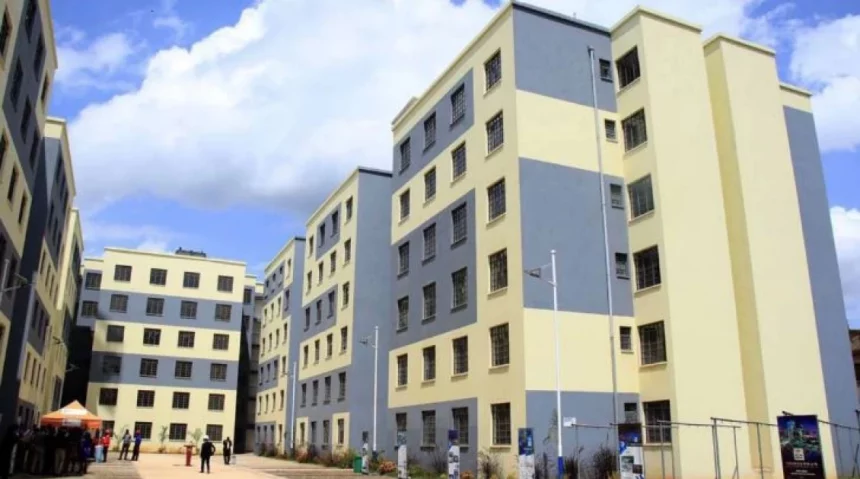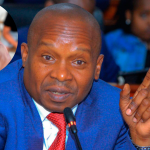Speaking to Citizen TV on Thursday, Kuria said that a homeowner must seek approval from the board by providing valid and convincing reasons for the resale to receive a greenlight.
He argued that the regulation was formed to discourage individuals from using the houses for profit gain since the units were purchased at lower market rates to target low-income earners.
“You must explain to the board the reason for selling so that you are given the consent,” he said.
“They (houses) have not been sold at the market rates, you have bought them at an affordable rate and remember the price reduction is at the expense of the taxation of many Kenyans.”
Kuria further noted that some of the units have been built on public land hence a resell can only be approved by the government.
“What you have is just a sectional title for an apartment built on public land,” Kuria added.
“You may also get a transfer maybe you were working in Kisumu and you have gone to Mombasa. It does not make sense for you to remain in Kisumu and you have moved.”
The legislator however clarified that a unit owner is not barred from renting out the house if they do not wish to occupy the space.
“When passing the bill there is no section which barred anyone from renting the spaces,” he said.
A person is allowed to purchase only one affordable housing unit and they are required to meet the set eligibility requirements before applying.
An applicant must submit copies of their National Identity card, their KRA Pin, and a Tax Compliance Certificate.
President William Ruto assented to the Housing Bill on Tuesday paving way for the collection of the Housing Levy which will fund the construction of the homes.
All employees, from March, will remit a deduction of 1.5% from their monthly salaries and a similar amount to be paid by their employers.
Non-salaried workers were also not spared as they would be required to make a contribution of a similar amount.
The bill establishes four components of Affordable Housing.
They include the Social Housing Unit for persons earning less than Ksh.20,000, Middle Class for people earning above Ksh.49,000, General Affordable Housing for those earning between Ksh.20,000 to Ksh.149,000 and Rural Housing for those living outside urban areas.
Priority will be afforded to slum areas in constructing affordable houses and also to ensure there is no multiple allocation of housing units.



